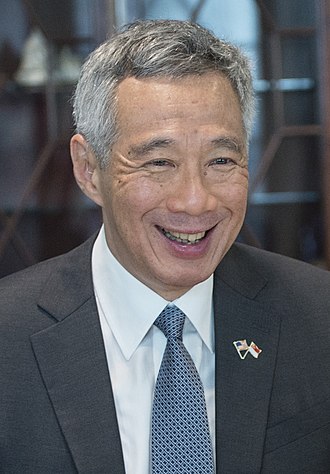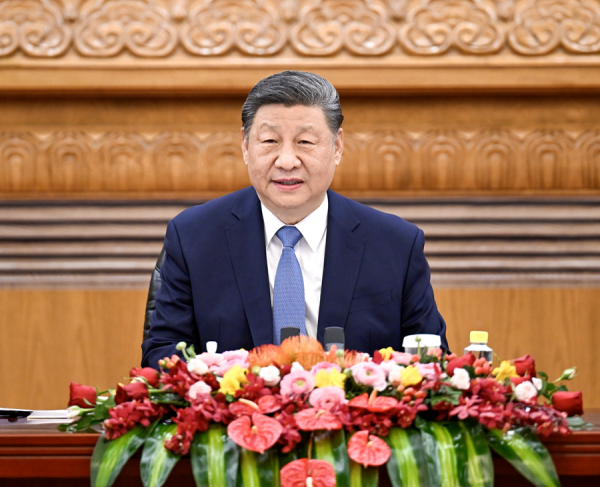Global markets continued to reel from the economic fallout of sweeping U.S. tariffs, with Singapore and Japan suffering their steepest stock declines in years amid mounting fears of a trade-driven global recession.
Singapore’s Straits Times Index (STI) nosedived 8.7% at the open on Monday, dropping to 3,494.39, marking the worst single-day fall for the benchmark since the 2008 global financial crisis, when it slumped 8.9%. Monday’s fall also exceeded the 8.4% crash during the early days of the Covid-19 pandemic in March 2020.
“According to experts, if tariffs are sustained, they could contribute to higher inflation and slower global growth, which may inurn trigger further volatility and potential sell-offs in markets globally, including Singapore,” said David Gerald, President of the Securities Investors Association (Singapore), as quoted by The Straits Times.
The association said Singapore’s market had shown relative resilience in recent weeks despite the threat of U.S. tariffs, but “ultimately caved in” on Friday following worse-than-expected tariff announcements by President Donald Trump.
On Wednesday, Trump signed an executive order enacting a 10% baseline tariff on all U.S. imports, including goods from Singapore, with higher rates targeting specific countries such as China, Vietnam, and Thailand. The move has intensified concerns that the global economy could tip into recession.
Tokyo Hit by Third-Largest Point Drop on Record
Japan also suffered a dramatic sell-off. The Nikkei 225 plummeted 2,644.00 points, or 7.83%, to close at 31,136.58, marking its third-largest single-day point drop in history. The broader Topix index fell 7.79%, or 193.40 points, ending at 2,288.66.
During early trading, the Nikkei fell as much as 2,843.48 points, or 8.42%, briefly touching 30,937.10—its lowest intraday level since October 2023.
The latest round of tariffs, part of Trump’s “America First” trade policy, includes levies of up to 50% on certain imports and has triggered waves of retaliatory warnings and diplomatic outreach from countries across Asia and beyond.
“This is a sell-anything-that-has-made-money move,” said Rikki Malik, a portfolio manager at Springboard Capital. “Banks [are] at the forefront of that. However, I think we are close to capitulation and will see a bounce very soon.”
Analysts warn that market volatility may persist as investors brace for further economic disruption by the Trump Administration.



